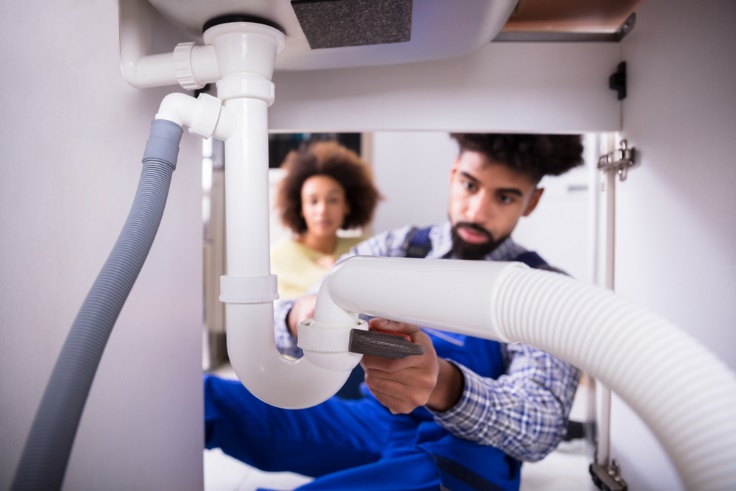For as long as you
can remember, you’ve been saving money to buy a house — and you’ve finally
bought one. It was an incredibly expensive purchase, perhaps the most important
one of your life, and now it feels like you are starting from financial scratch
considering your drained savings account and the bevy of brand-new expenses
facing you.
Indeed, buying a home and living in one can cost an arm and
a leg, but it is possible to continue saving money as a homeowner. Here are a
few tips to keep your costs low and your financial gain high.
<h2 DON'T Focus on the Fun Stuff Just Yet
Moving from an apartment into a house usually means you have
all sorts of new space to fill up with new stuff — but before you start looking
at sectional sofas and high-end bedroom sets, you should move in, get settled
and take score. Most likely, there are more pressing expenses than fancy
furniture, and spending your remaining savings on the fun stuff means you’ll
have to wait to address the leaking toilet or the fist-sized hole in the
drywall. Eventually, you will have the time and money to play with new décor,
but for a few weeks at least, you should hold off to determine what you truly
need right now.

<h2 DO Install Cost-saving Updates
Few millennials are moving into their perfect, updated dream
home with perfect, energy-efficient appliances. That means you’ll have to add
your own — and it’s a good idea to get that done first because it will save you
money the longer you have them. Some major systems you should prioritize include:
<ul
these plumbing fixtures don’t decrease water pressure, but they do reduce how
much water you waste.
benefit greatly by upgrading to a tankless unit. Not only do these use less
resources to heat water, but they also last longer.
models that utilize less energy.
of your home, so anything you can do to increase efficiency is smart. Start
with a programmable thermostat, add ceiling fans to your rooms, and maybe
spring for a newer A/C or furnace if you can.
If the appliances that came with the property are already
breaking down, you might be able to use your home warranty to cover some of the
costs of replacing them. If your home didn’t come with a warranty, you can look up home warranty pricing
to see if getting one is worth your money.
<h2 DON'T Invest in a Bevy of Smart Tech
For decades, futurists have been predicting that smart homes
will be big. However, you should resist the urge to outfit your new place with a
bevy of built-in smart technology. First, smart tech isn’t all that smart yet; it
is riddled
with insecurities that make it dangerous to use. Secondly, you have to
commit to a certain type of smart tech; Apple Home devices don’t play with
Google Home devices, etc. Finally, the tech changes so quickly that when you
eventually sell your home, your future buyers won’t be impressed by your
10-year-old tech. You’d do better to save that money for things you can take
with you, or easily change.
<h2 DO Make a Maintenance Schedule
Now that you’re a
homeowner, you are responsible for all home maintenance — and as of right now,
you don’t really know what that means. It’s worth your time and energy to look
up what in your home needs servicing when, and then you should assemble
that info in an easy-to-read schedule. You can go whole hog and build a home
maintenance binder, filled with phone numbers for service professionals, a log
of updates you’ve made to the home and more — but that’s optional. As long as
you know you are completing necessary maintenance on time, you should save
money on repairs in the long run.
<h2 DON'T Assume Issues Can Wait
If you can remember way back when you were in the process of
buying your house, you underwent a home inspection that revealed all the
problems that might dissuade you from going through with the purchase. Now that
you’re the owner, you should dive back into that inspection report and fix the
things your inspector pointed out as serious issues. Undoubtedly, there are
many little things that don’t affect the safety and security of the home, but
there is probably one or two major concerns that need addressing right away.
Fix them before you move in, and you’ll never need to worry about spending
money on them again.
Owning a home is expensive, but as long as you stay in the
same house for at least five years (10 years is better) you’ll recoup your
costs and then some. In the meantime, if you use these money-saving tips,
you’ll be back on the road to financial health faster and feeling better about
your home purchase sooner.









